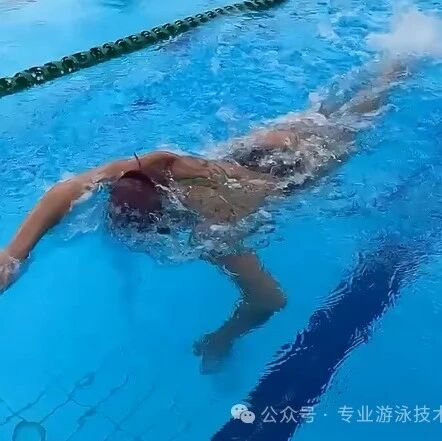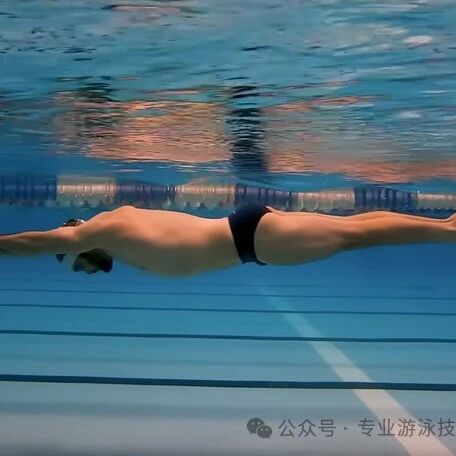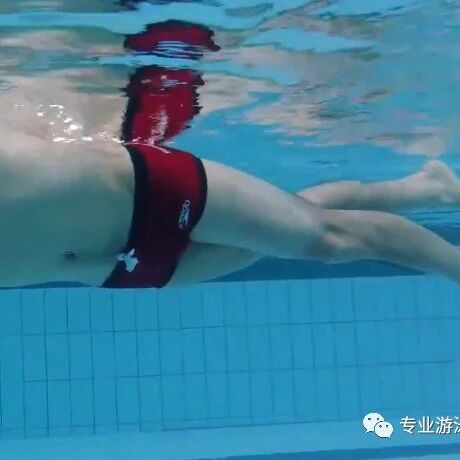When learning to swim on your own, keep these 3 key points in mind to ensure you gain something new every time you hit the water.
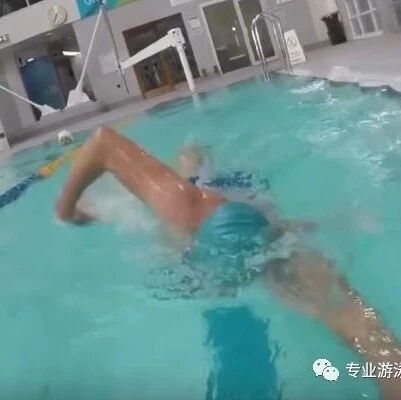
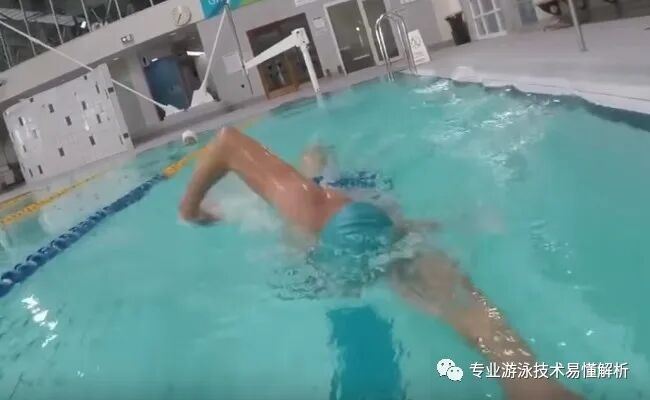
Among swimming enthusiasts, there’s a popular saying: "Practice your technique in the pool—then enjoy the process of swimming in open water." After all, swimmers who feel completely at ease and move with effortless grace in open-water environments have typically spent countless hours honing their skills in the pool. Yet, unfortunately, some swimmers treat swimming merely as a recreational activity—much like playing mahjong—focusing only on whether they can "stay afloat" without sinking. Surprisingly, this group includes seasoned, lifelong swimmers who’ve logged countless miles yet still rely on highly unorthodox, personalized swimming styles. As a result, when faced with real-life challenges or emergencies, these swimmers often find themselves ill-equipped to handle the situation effectively.
Swimming is a sport you can enjoy from a young age well into old age—truly worth taking seriously. As a swimming enthusiast, embrace the mindset of "Though I may not yet reach it, my heart still longs for it," and strive to refine your technique, deepen your connection with the water, and make every moment spent in the pool truly worthwhile.
1. Swimming is something everyone can learn—there’s no such thing as a "bad" swimmer.
Some people absolutely love swimming but freeze as soon as they step into the water; others underestimate how challenging it really is, only to lose confidence once they realize the gap between their expectations and reality. Then there are those who get stuck on a particular swimming technique and start doubting whether they’re naturally clumsy or lack coordination. And let’s not forget the ones who panic after taking just a few gulps of water and immediately give up.
But here’s the thing: none of these attitudes is helpful. No matter what, when you decide to learn swimming, remember to ditch the floaties—and remove any nose clips first. These so-called "helpful" tools can actually hinder your progress, making it harder for you to even begin. And above all, keep in mind that you’re heading into the water to master swimming, not just to splash around for fun.
2. Don't get caught up in self-practice.
Anyone who has watched professional swimmers in action can’t help but marvel: swimming can truly be this powerful, graceful, and perfectly coordinated! As an amateur swimmer, of course, you can’t match the speed of a pro—but that doesn’t mean you should settle for less. Instead, you should relentlessly strive for perfection in your swimming technique, dedicating time and effort to practice. And remember, during your training, it’s crucial to stay open-minded: actively seek feedback, engage in discussions with other swimmers, and avoid isolating yourself in endless, self-directed practice.
3. Improve Through Error Correction
Most swimmers don’t have the opportunity to take selfies while swimming, but carefully observing how others move through the water can be incredibly beneficial. Often, the awkward or inefficient strokes of other swimmers reveal exactly where you might be going wrong yourself. From a self-taught perspective, paying attention to these common mistakes can sometimes yield greater learning benefits than focusing solely on mastering the correct techniques—ultimately helping you refine your swimming skills more effectively.
